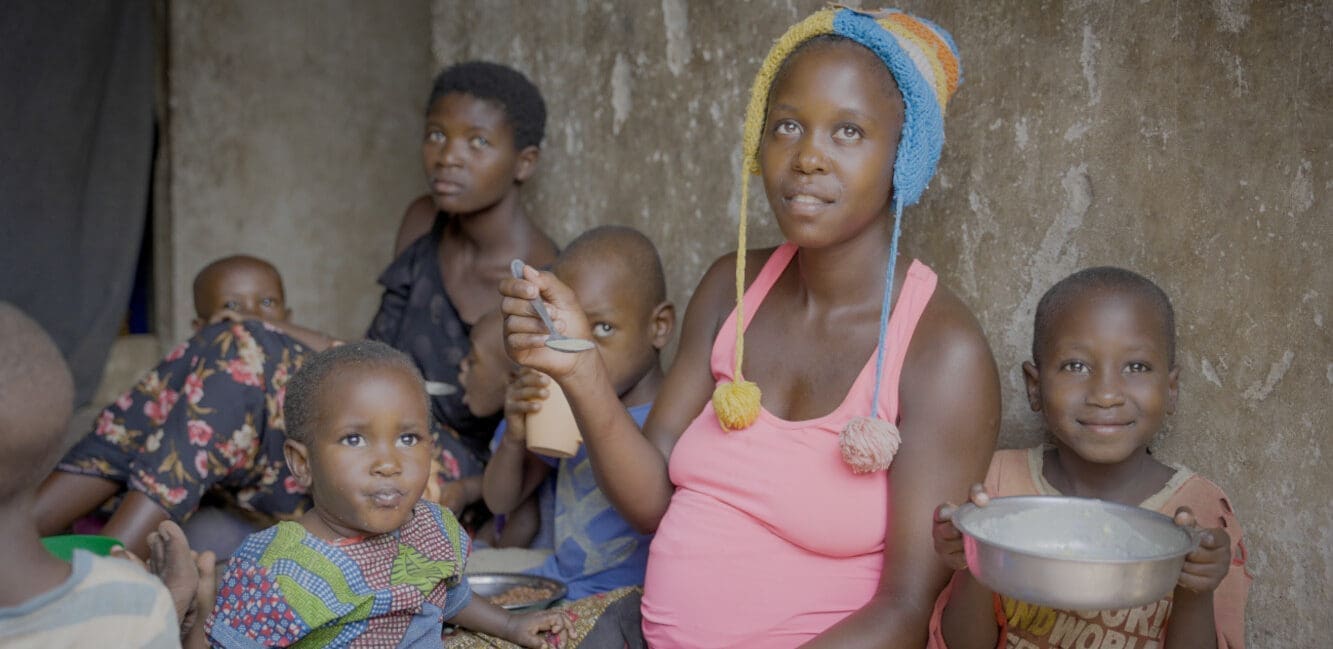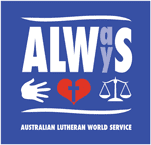Your challenge - can you do it?
The ALWS REFU.ME Challenge gives you 10 ways for one day to feel what it’s like to be a refugee…
and help a child like these refugees from South Sudan to go to school.
Can YOU be a REFU.ME?
Here in Australia, we can never know how hard it must be to have to flee your home because of conflict and poverty, and become a refugee.Just looking at what’s in the media can give us a false idea of what refugee life is like.
In REFU.ME Challenge you challenge yourself to a tiny taste of what it’s like to be a refugee … and at the same time you raise money to help refugee children go to school.
There are 10 challenges – if you’re brave, you can do them all.
If that looks too tough, simply choose those that suit you.
Whatever you choose to do, ask people to sponsor you.
Each $26 you raise can support a child to go to school – in refugee camps in Kenya and Djibouti, and in war-torn countries like South Sudan and Somalia.
Are YOU up to the REFU.ME Challenge?
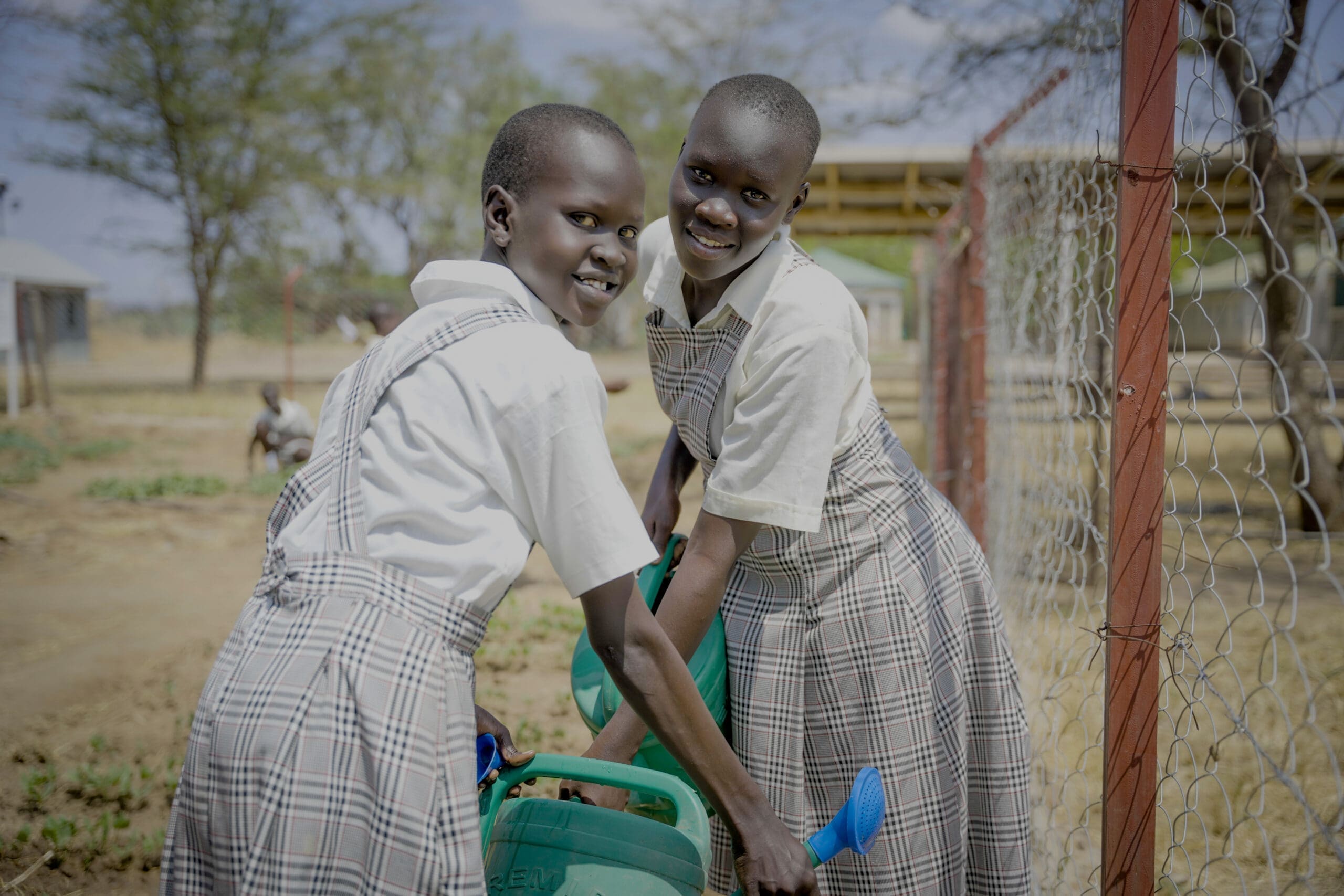
Check your challenge
To get the strongest sense of what it’s like to be a refugee, you will do all 10 challenges,
and do them all in one day.
If that doesn’t suit you, choose less challenges, or spread them over a number of days.
When you complete each challenge, simply mark it off in your REFU.ME Challenge Passport.
(Your teacher will give you a Passport after your Awareness Day - or ask us for your FREE copy!)

Challenge 1
Water Bottle
The UNHCR minimum daily ration of water for a refugee is 15 litres. Your challenge is to survive one whole day on 15 litres of water. Grab an empty 1 litre drink bottle. Fill it no more than 15 times to do all your drinking, washing, cleaning, bathing for a day. (For hygiene, you may still flush loo.) PLUS, you can only fill your bottle from a tap outside! (Just as refugees do.)

Challenge 2
Food Fast
No fast food for you today. Instead, a food fast. Your challenge is to survive on a refugee food menu: Breakfast – porridge (no sugar or milk), Lunch – a piece of flatbread, Dinner – a small serve of beans (baked / kidney)

Challenge 3
Walk a while in my shoes
In Africa, the average distance a woman or child must walk to collect water is 6 kilometres. Your challenge is to walk 6 kilometres carrying an empty bucket. As you do, think of the child in Africa who must carry two full buckets.

Challenge 4
Look for a Loo
In a refugee camp, one of the biggest challenges is providing toilets. Without them, deadly disease can spread quickly. Your challenge is not just to look for a loo – but to dig it too. Grab a shovel, find a safe place, and dig a hole at least 50 cm wide and 50 cm deep. (Luckily, you won’t really need to use your Long Drop Loo!)

Challenge 5
Total Blackout
Refugee camps are usually located in remote locations. Power comes from generators – expensive, unreliable and rationed. Your challenge is to survive the day without electricity. That means no phones, lights, heating or cooling, or appliances. Nothing from the fridge. (To stay safe for meals, you can use stove.)

Challenge 6
(No) Power Game
Without power and devices, what will you do for fun? Your challenge is to invent a game and then play it with your family or friends. You can look for things people have thrown away to turn into toys, or counters, or collect stones or shells. Use your imagination.0

Challenge 7
Standing Room Only
When you flee as a refugee, all you can take is what you can carry. Food. Clothes. Water. Precious photos. You certainly can’t carry anything large or heavy. Your challenge is to live the day without furniture. No kitchen chair, school desk, lounge, bench outside … you need to stand all day, or sit on the floor.

Challenge 8
Job for the Mob
When a family reaches a refugee camp, they receive only minimal survival support. That’s why even children look for any job they can do to help meet family needs. Your challenge is to do one hour of household jobs for the family. That might sound easy – but remember you also have your other challenges like going without electricity, and having only 15 litres of water.
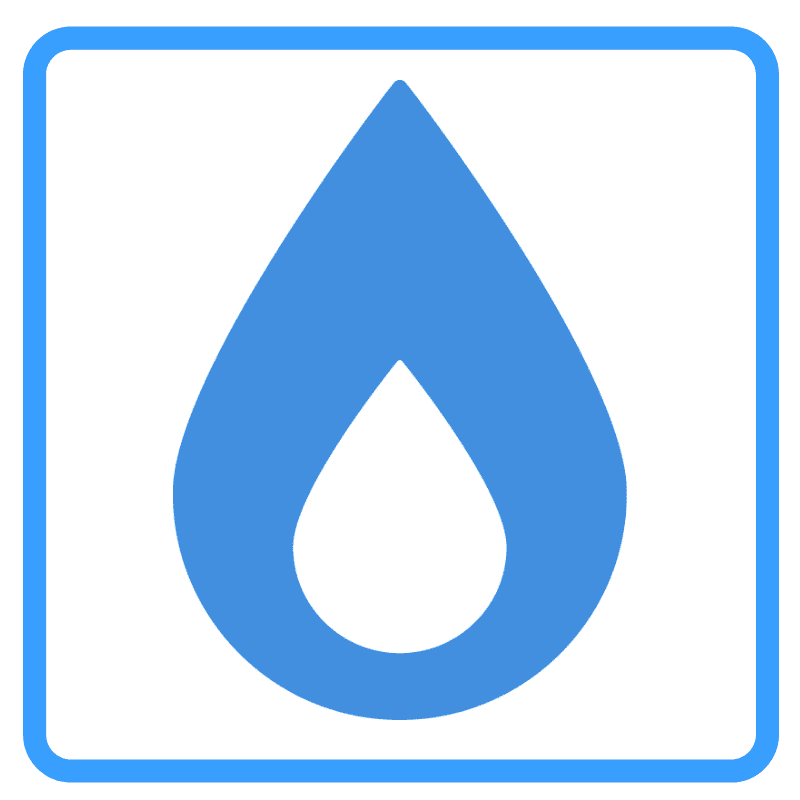
Challenge 9
Homework by candlelight
While refugee camps can have solar-powered lights around toilets and water-points, most shelters at night are in darkness. Your challenge is to do your homework by candle-light. NB: Refu.Me’s under 10 years should have adult supervision.
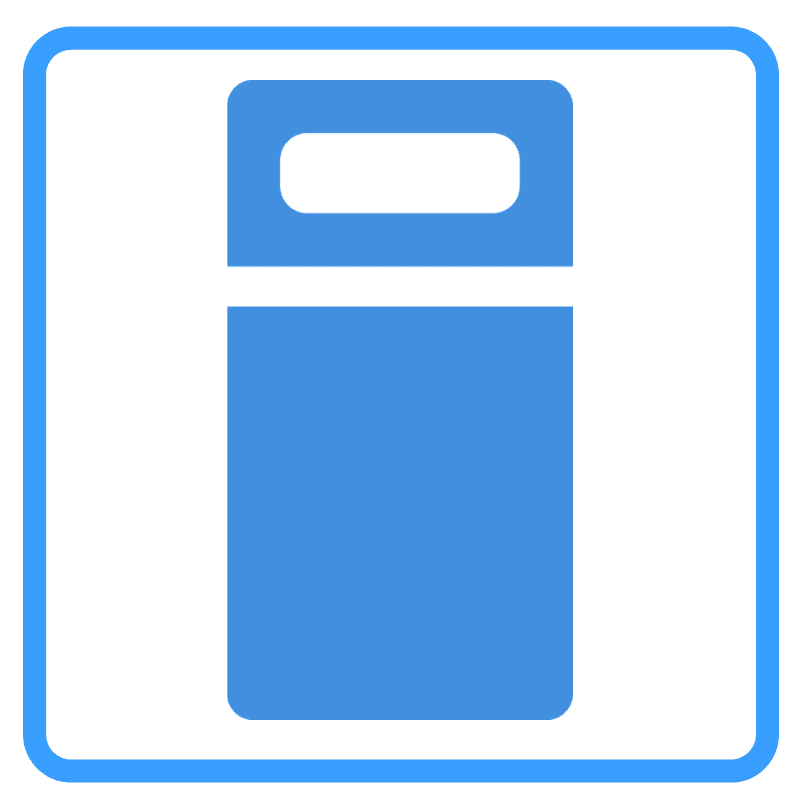
Challenge 10
Bedtime without the bed
Refugee camps are often in remote rocky locations. There are spiders, snakes and scorpions. The only bedding may be a woven mat on the ground. Your challenge is to sleep on the floor. No mattress. No doona. No pillows. Just a blanket, or two if it’s cold. (You are allowed to keep your favourite Teddy with you – a refugee child may make a teddy out of rags.)
Your REFU.ME Challenge gives Refugees a Chance with Education.
Read about the difference you make when you complete the REFU.ME Challenge.
Train a Teacher
Eshetu is a refugee, and says he became a teacher because “I want to support the children”. You will help train more refugees to be teachers.
Care at Kindy
When Eugenie’s parents died, she and her sister were taken in by Pastor Issa and Jeanette. Your support from pre-school has Eugenie aiming to be a lawyer.
Education+
Elizabeth is 23 years old … but before help through ALWS had only completed Grade 1. Now you can help young people who missed out on school to catch up.
Build a school
Asende has 100 students in his class. But before help from Australia, the roof leaked and walls fell down. There were no desks or blackboard.


